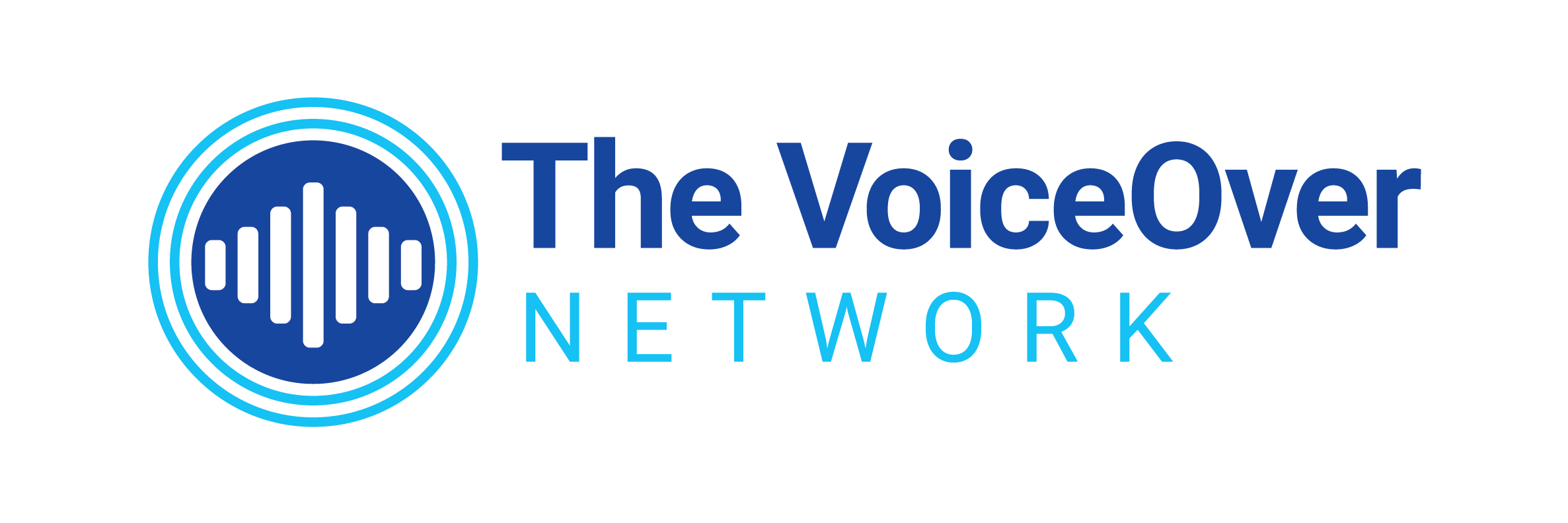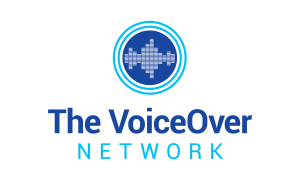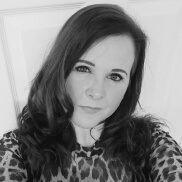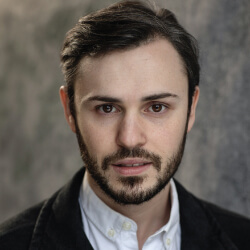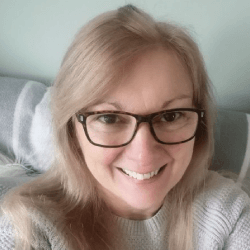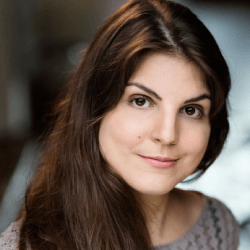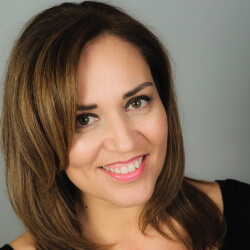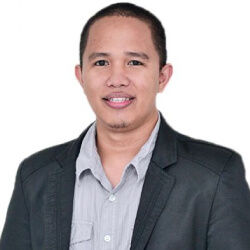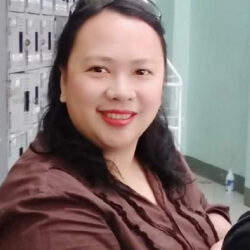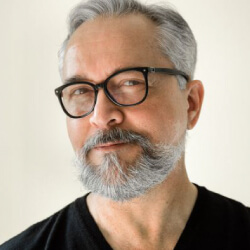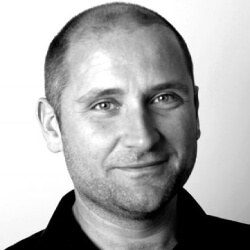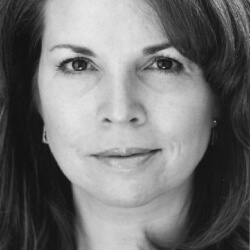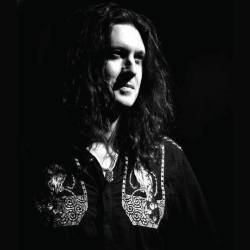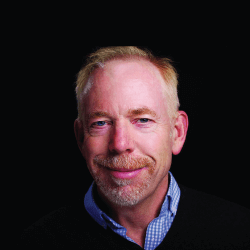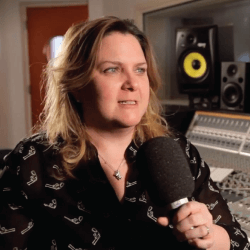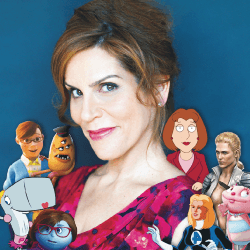Our profession always takes us by the hand with technology and its evolution. My generation has seen bricks turn into smartphones; smiles into emojis, mass media into personal media, rock stars into YouTubers and YouTubers into rock stars, bullies into presidents and the internet and its prodigal children – the social networks – into true oracles. In that revolution, or rather that intoxicating “techno-market-sociological” binge, social networks have gradually brought us closer to those from whom we thought we were distant. We saturate our space with “friends” and “followers”, and we are at the mercy of their acceptance in a passive-aggressive relationship in an environment that makes us feel we are celebrities; “… they entangle us in an eternal swirl of the self and lead us to the self-promotion of our own notions”, as the great philosopher Byung-Chul Han says.
“Wounds are the flipside of selfies…,” says Byung-Chul Han, “… selfie addiction has nothing to do with a healthy love of self. It is nothing but the parading of a narcissistic self that has been left alone.”
When I have the opportunity to be in personal contact with followers, classmates or my students. The competition in our trade has become ferocious, and that has made us reach to industry leaders. We go to conferences, we support each other, and we are creating a community. That is the positive side of the free interconnection of social networks. “Building a support network can be a tool to increase confidence to shine,” says the mega-talented Camila Peroni, who does not hesitate to offer help to her colleagues. Unfortunately, the networks caught many colleagues in an overflowing ego utopia, and we see them acting as teenagers on Spring Break. They obsessively publish selfies, sacrifice real friendships for the sake of a few “likes” and seem to float in the clouds like true redeemers.
One question they ask me is, Are you on Instagram? In various voice conferences, I have heard and learned the importance of being connected and up to date on social networks, and I know that we all use them as a strategy to boost our careers. But I worry that in these events there’s no advice to new talents to be prepared, to never stop studying and to remember that there is always something to learn to improve our performance in front of the microphone or on stage. As the craziest and best of my teachers said: “… it takes the same effort to get a job whether you’re well prepared or poorly prepared”. The difference, I think, is that the preparation will give us more resilience. There are no shortcuts, and there are many obstacles. This is what we must teach the new generations.
If you are starting your career, study and, if you already do, study some more. Instant web information is not necessarily knowledge. Learn different acting techniques, attend seminars and workshops, read, vocalize, listen to others and listen to yourself, ask your peers for help and pay it back by helping others. Never stop learning. Success, money, fame and survivability are the outcome of doing our job well.
